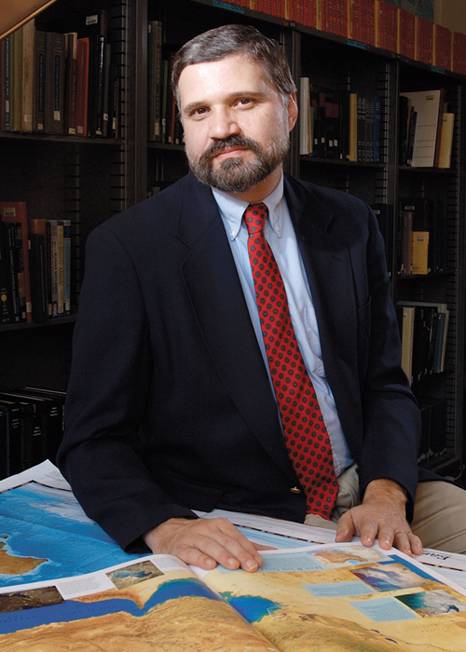
Paul Diehl has criticized peace research (and International Politics) of beeing too focused on the study of conflict. He is professor at University of Texas - Dallas and the former president of the International Studies Association.
- Comments by Christian Davenport, PRIO.
- Chair: Siri Aas Rustad, PRIO.
A light lunch will be served!
In his recent book -The Puzzle of Peace: The Evolution of Peace in the International System - Paul Diehl moves beyond defining peace as the absence of war and develops a broader conceptualization and explanation for the increasing peacefulness of the international system. The authors track the rise of peace as a new phenomenon in international history starting after 1945. International peace has increased because international society has developed a set of norms dealing with territorial conflict, by far the greatest source of international war over previous centuries. These norms prohibit the use of military force in resolving territorial disputes and acquiring territory, thereby promoting border stability. This includes the prohibition of the acquisition of territory by military means as well as attempts by secessionist groups to form states through military force. International norms for managing international conflict have been accompanied by increased mediation and adjudication as means of managing existing territorial conflicts.
His previous books on related topics include: International Peacekeeping (1994), War and Peace in International Rivalry (2000), Peace Operations (2008), Evaluating Peace Operations (2010), International Mediation (2012).





